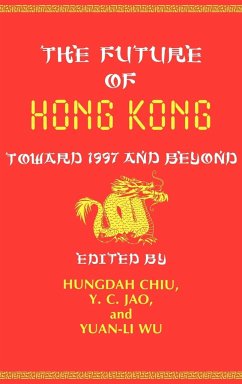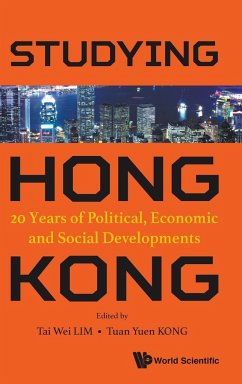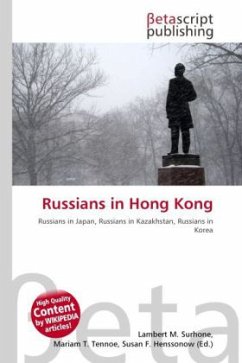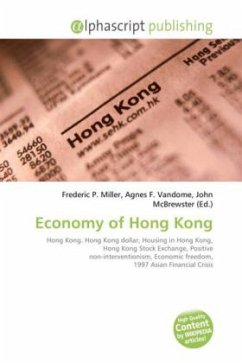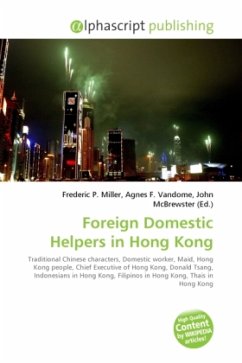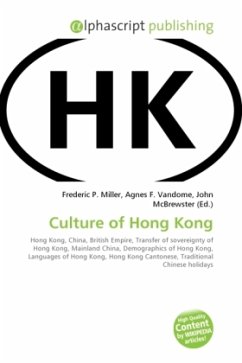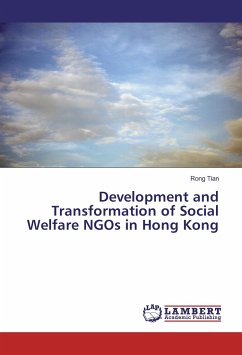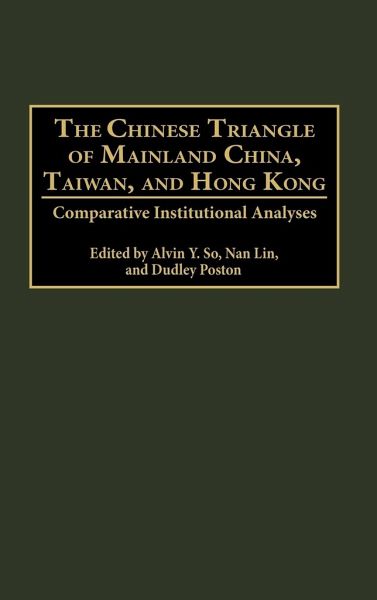
The Chinese Triangle of Mainland China, Taiwan, and Hong Kong
Comparative Institutional Analyses
Herausgeber: Lin, Nan; So, Alvin Y.; Poston, Dudley

PAYBACK Punkte
63 °P sammeln!
The Chinese triangle of mainland China, Hong Kong, and Taiwan constitutes one of the most dynamic regions in the world economy. Since the late 1970s, these three societies have experienced increasing economic integration; however, studies aimed at analyzing and explaining this integration have often overlooked the very important role social institutions have played in the shaping of this process. To fill this gap, this book adopts a systematic institutional approach designed to examine the different patterns of institutions in the three countries and to discuss how such social institutions as ...
The Chinese triangle of mainland China, Hong Kong, and Taiwan constitutes one of the most dynamic regions in the world economy. Since the late 1970s, these three societies have experienced increasing economic integration; however, studies aimed at analyzing and explaining this integration have often overlooked the very important role social institutions have played in the shaping of this process. To fill this gap, this book adopts a systematic institutional approach designed to examine the different patterns of institutions in the three countries and to discuss how such social institutions as the economy, gender, social networks, and the Chinese diaspora have exerted a profound impact on all three societies. The chapters, taken together, argue that different patterns of institutional configuration have led to divergent paths of development, and that this divergence will have significant implications on the prospects for Chinese national reunification in the twenty-first century. The Introductory chapter provides a historical discussion on the origins and the transformation of the Chinese triangle during the second half of the twentieth century. The remainder of the volume is broken into four topics considered crucial for understanding the transformation of the Chinese triangle: economic transformation, gender, social networks, and the Chinese diaspora. As globalization impacts the Chinese triangle, studies that consider the issues from the perspective of social institutions will be increasingly important to understanding the area as it develops in the world economy.




